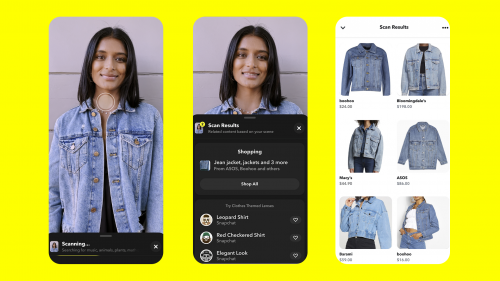It’s 10:15 p.m. I hear a couple of beeps. I pick up my phone from my desk amidst the orgy of cables it is entangled in to read a few messages. At this hour, one would be expecting messages from people in their close circles. At 12 midnight, a few calls come in from other people halfway around the world. I then pause to marvel (RIP Stan Lee) at how costly this was about a decade or more ago. I am perpetually in seamless, constant communication with people regardless of where they might be in the world via an app! Then it hit me square in the face. WhatsApp has helped us circumvent a lot of problems previously encountered in the smartphone world. How are they doing all this for FREE? Let’s dig into that, right?
So WhatsApp was launched in 2009. Brian Acton and Jan Koun are two close friends and former employees of Yahoo!. Jan bought an iPhone and after some time of use, he identified a potential in the app ecosystem. Given their background and experience working with instant messaging and infrastructure at Yahoo!, they got the idea to develop an app to help mobile phone users communicate with each other via a platform associated with their phone numbers. They got an iPhone developer to build it and called it “WhatsApp” to sound like “what’s up”.
It was initially unpopular but the tables turned when Apple launched push notifications later that year. Jan quickly implemented it in his app, allowing users to receive messages even when the app was not in use. The download counter shot up and they took it cross platform by paying a BlackBerry developer to build the BlackBerry version. Eventually it was pushed onto Android and Windows, gaining widespread usage. In order to prevent it from growing too fast they switched to a paid service as they incurred costs sending verification messages to users. Users now paid $1 a year to use the app.
WhatsApp made a lot of money in 2013
By December 2013 WhatsApp claimed a total of 400 million monthly users. Hold it right there! This means they potentially had $400 million or close in their coffers. Interesting! Good news came in 2014 when Facebook announced acquisition of WhatsApp for $19 billion. This was $3 billion in cash, $12 billion in Facebook stocks and another $4 billion in restricted stocks granted to only top tier shareholders like Jan. This meant WhatsApp could make money from Facebook and vice versa. A number of users were worried about this as Facebook several times over the years has been caught up in data brokerage scandals (Hey Cambridge Analytica, is everything cool?).
Although Facebook insists that WhatsApp chats are end-to-end encrypted, I insist, I repeat, l insist that this cannot prevent them from accessing user data. In fact they could be reading your WhatsApp messages right now just as you are reading my article. I don’t have any proof that they have but l am just warning you that they can. Social media users today are basically plugged into a Matrix where they perceive the platforms they use to be free whereas the truth as Morpheus would have said is that they themselves are the products, churning benefits for the companies providing the service.
Alternative sources of income in the coming years
WhatsApp announced in January 2016 that the service would no longer charge the annual subscription fee. This paved the way for lot of people and the number of users increased phenomenally. As of February this year, WhatsApp had about 1.5 billion active users. The fact that WhatsApp has this large user base denotes its influence. They attract a lot of serious and important investors. Even smartphone makers design and market their products with WhatsApp as a selling point. Take a look at all the services offered by the telcos in Ghana and around the world. You will understand my point.
WhatsApp does not run ads but is known to share user information with its parent company for targeted ads on Facebook. The trade of information here is another source of revenue for Whatsapp through Facebook. This further blows up the wave of controversy Facebook is already surfing. All these may have differed slightly from the vision Brian and Jan had for the company as they both resigned over what might seem to be differences with Zuckerberg. It is known that Zuckerberg has considered running ads on WhatsApp as another stream of income for the company. Let me add that with a staff strength of just about 50, WhatsApp’s operation costs are significantly lower than other companies. Money earned from the initial subscription fees, the acquisition by Facebook, the stocks and data sharing would be enough to keep the company vibrant.
WhatsApp might not make a lot of money the typical way like other tech companies do but their reach into the modern world helps them benefit indirectly and greatly as well. For a technologically dependent person to escape this would be like falling into a tank of grapes and coming out sucking their thumb. A reach I myself might not be able to avoid for now or in the near future.
My phone pings again and I pick it up. It is now 2 a.m. I stop at this point to reply the last of my messages and retire to bed.






Interesting read
Great piece, Selorm. I’ve also wondered whether their services are really free. Recently heard that they are about to start running ads on WhatsApp though
You’re right about that. Let’s keep our fingers crossed to see how it turns out..
That’s a great one selorm…I have been enlightened
Nicely presented. Thanks, Selorm.
I have been wondering how they earned money on a free platform …..
let’s wait and see what happens next with the ads
Great piece Gem ?